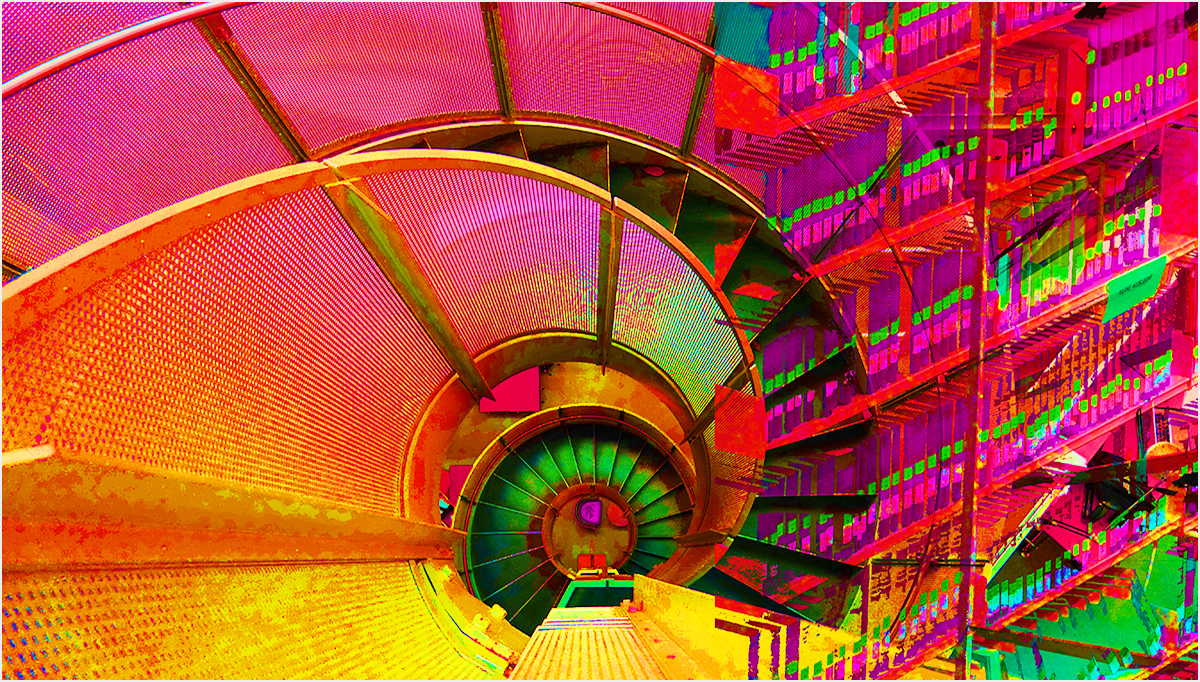Challenging the Sites of Knowledge: Medial and pluri-medial configurations and transformations
Due to the impact of globalization and technological development, we are witnessing a growth and diversification of the sites of knowledge generation and the ways in which a variety of actors articulate and circulate knowledge, especially via new media. As a result, the privileged position of ‘scientific’ knowledge is contested, making knowledge the symbolic and material capital not only of academic ‘experts’ but also of (Western and non-Western) ‘citizen scientists’, activists and artists at the margins of Academia, as well as of journalists, bloggers, or politicians. ‘Knowledge’ has become (or has always been) a matter of public debate, always infected by power modalities.
Moreover, in the course of various ‘turns’ at least since the 1990s, it has been stated that books and archives, textuality and textual literacy have never been the only reservoirs and technologies of knowledge. As hybrid forms of text, image, material things, or even sound have always been the rule, scholars from cultural studies, media studies and linguistics have pointed out for some time already the growing need for a sensory literacy. Yet, in light of more recent participatory information technologies and, especially, a growing distrust of the Humanities expressed mainly by political stakeholders, we need another analytical reset in order to foster engaged inter- and transdisciplinary debate and research for a development of what Mikhael Epstein calls “avenues of conceptual creativity” in academic institutions. This does not mean merely boarding the high-speed train of neoliberal technophilia, but instead to carefully trace present and past medial and pluri-medial dynamics, relations between creation, mediation, translation, perception and performance, image, material, sound and text with its expert and non-expert actors.
The Summer School of 2019 analyzes and discusses present and past angles and sites of knowledge generation especially in regard to medial and pluri-medial configurations and transformations from a historical, sociological, cultural and philosophical perspective. It reflects in particular on the challenges thereof for the Humanities and the Cultural and Social Sciences regarding their role in a (post-post)modern knowledge society. How do we reclaim expertise of, and for, the Humanities – an expertise which is crucial to society, but which seems to have been in question for quite some time already? And how can we manage conversation and translation – inside and outside academia – in light of an increasing pressure to make our research visible, tangible and understandable for non-experts as well? How, for example, do we analyse the (co-)production of representations through audio-visual counter-narratives, in particular in a context of cross-cultural or post-migration settings?


